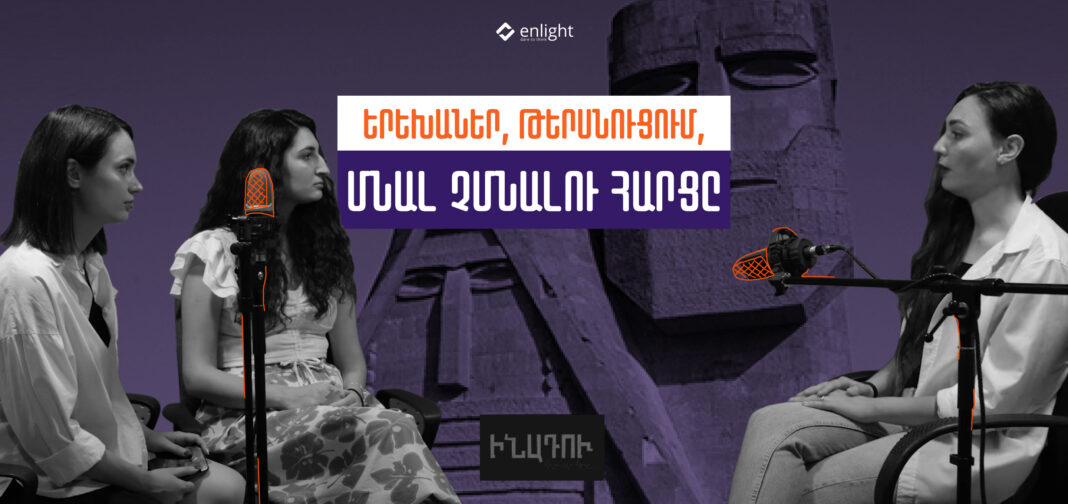On December 12, 2022, at around 10:30 a.m., a group of Azerbaijanis, dressed in civilian clothing and posing as “environmental activists”, blocked the Goris-Stepanakert Highway which, as stipulated in the 2020 Nagorno-Karabakh Trilateral Statement, passes through the Lachin corridor, connecting Artsakh (Nagorno-Karabakh) with Armenia and the outside world. On April 23, 2023, Azerbaijan announced the installation of an illegal Azerbaijani checkpoint at the Hakari River Bridge along the Goris-Stepanakert road. On April 28, so-called Azerbaijani “environmental activists” reported their withdrawal from the blocked section of the road, to be replaced by representatives of the Azerbaijani police and other services. From June 15, the peacekeepers’ transit was forbidden for ten days, too. From June 25, the operation of the ICRC resumed: however, medicine importation and transportation of medical personnel into Artsakh remained prohibited. Peacekeepers were also prohibited from providing essential food and other goods.
The ongoing blockade, entailing the physical obstruction of the only corridor, had left Artsakh’s population of 120,000, including 30,000 children, in a state of absolute isolation, causing massive violations of individual and collective human rights, as well as multifaceted existential and security threats.
Concurrently, Azerbaijan was deliberately disrupting the regular functioning of Artsakh’s vital infrastructures: gas supply, electricity supply, and communication networks. This deliberate action intensified the already severe humanitarian crisis and inflicted further suffering on the population of Artsakh.
On September 19, 2023 Azerbaijan unleashed another large-scale aggression against the people of Artsakh. These military operations represented the continuation of the blockade commenced on December 12, 2022. On September 20, 2023, the Artsakh Government accepted the ceasefire proposal. On September 21, the representatives of Stepanakert and Baku met in Yevlakh, on September 25 — in Ivanyan, and on September 29 — again in Yevlakh. On September 24, the forced exodus of Artsakh residents to Armenia began: As of 4 pm on October 4, according to the data reported by the “Humanitarian Center” of the RA Government, 100,632 people were transferred from Artsakh to RA. According to the decree signed by Artsakh President Samvel Shahramanyan on September 28, 2023, all state institutions and organizations of Artsakh should be dissolved by January 1, 2024, by which, de facto, the Republic of Nagorno Karabakh (Artsakh) ceases to exist.
Publications of these episodes of the “Out of Defiance” podcast are carried out post factum.
The authors of the podcast are Nina, a teacher and a blogger, and Shogher, a presenter and an actress. Through this podcast, they represent the life in blockaded Artsakh from the first day to the present reality; they share their concerns, emotions, and expectations. They have chosen this way to communicate the situation in Artsakh more vividly, Nina explains: “The pace of events is so rapid and there is so much to say that no televised program, Instagram post or article can truly reveal what exactly is going on.”
Children, Malnutrition, the Stay-Or-Go Dilemma
“Inadu” podcast | Episode 2
What is happening in Artsakh, how is the blockade ruining childhood, what problems do the mothers of Artsakh have to overcome every day, what does it mean to be a parent in a blockaded homeland? Within the scope of “Out of Defiance” podcast, Nina and Shogher, along with their guest Tatevik, who is trying to be the best mother for her child out of defiance to all hardships, frankly talk about the difficulties of living under siege for almost seven months.
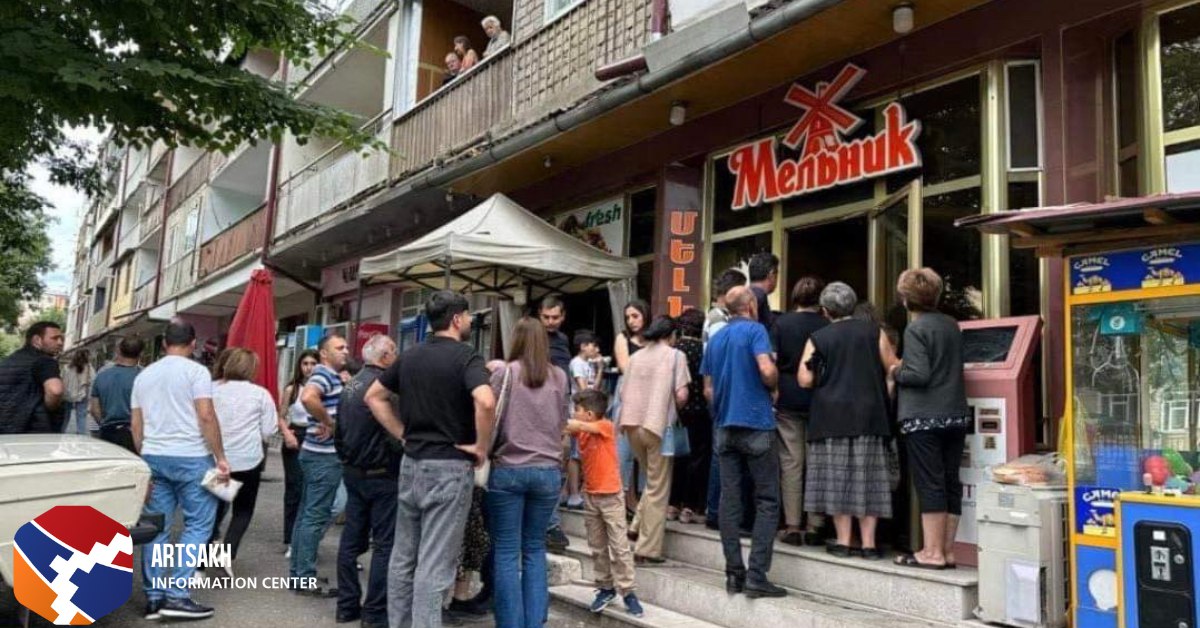
Food problem, queues for bread and dairy products, difficulties in transporting fruits and vegetables from villages, electricity and gas supply cuts, lack of fuel… and on top of that, the problem of drinking water was added. Drinking water in Artsakh is cloudy, not purified and affects health, but soon even the lack of that water may be felt. Another problem is the issue of waste. Stepanakert is one of the cleanest cities in Artsakh, but due to the lack of fuel, even garbage trucks do not work. Garbage begins to accumulate in the city.
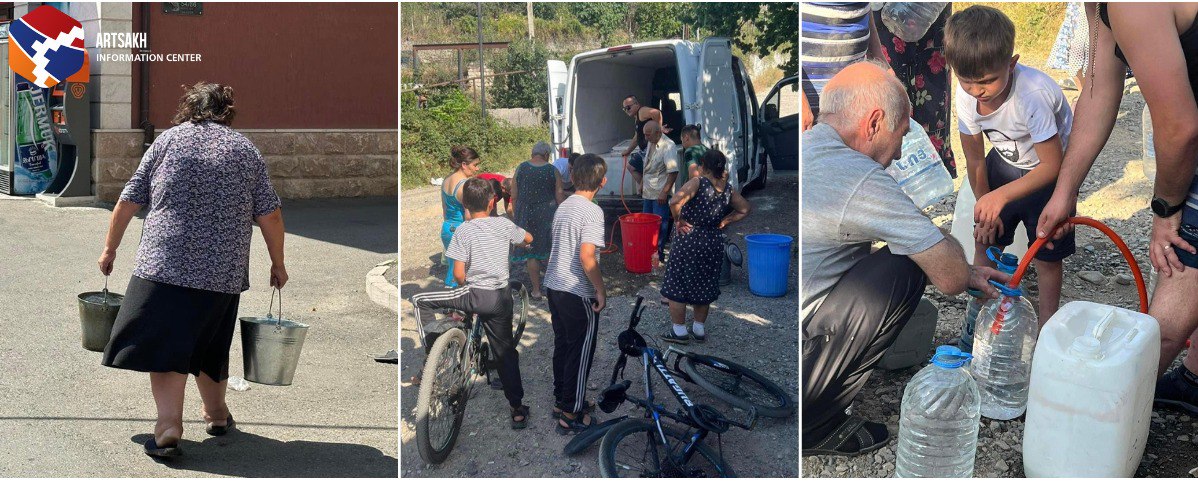
Apart from all this, the blockade also has a negative impact on the psychology of children. One may think that they are children, they don’t understand what is happening, but no matter how much you try to protect the child, the situation leaves its impact. After consulting with a child psychologist, Tatevik decided to explain to his little Daniel in simple terms what is happening in Artsakh.
One of the problems parents are worried about is the malnutrition of children, the shortage of essential food, which are so important for the healthy development and maturation of children. Another difficult problem is to transport a sick child to the hospital. Due to the lack of fuel, public transport almost does not work. Parents have to carry the child in their arms across the city and walk them to the hospital: ambulances are not always able to go to the incident location, and pharmacies are almost empty.
“It is very sad for me that because of this situation, when those two children died, there were no out-cries in the international community. If it had been a violent death, now everyone would have started an uproar, turning it to a burning issue… It is very sad when the lives of 30,000 children and this cruel way of life do not receive so much attention,” says Tatevik.
When the blockade first started, parents tried to look at the situation optimistically, saying that children would have to eat less unhealthy food. “But now, when there is neither healthy nor unhealthy food, every little desire of the child is a trial to you. . . . You, as a parent, feel hurt because you are the person who is responsible for the child’s wishes, psychology, life, safety, but you cannot give one piece of chocolate to make the child feel good at that moment”.
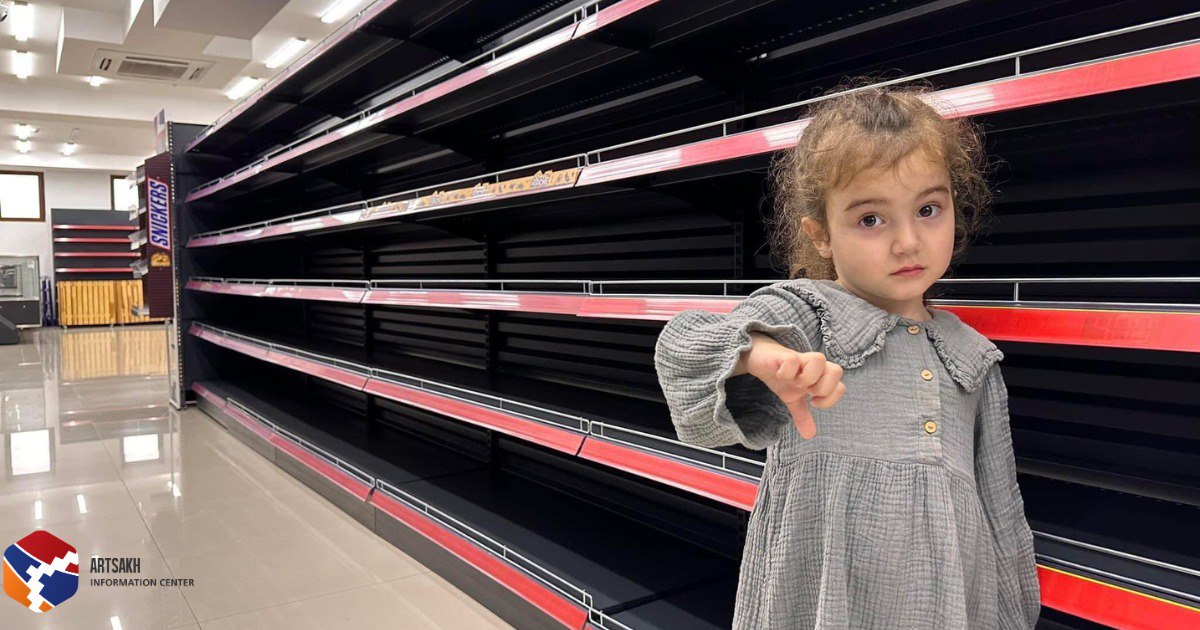
It is also difficult for parents to psychologically cope with the blockade problems. “In an hour, five out of ten thoughts are about being attacked: where will I be, if they tell me to get out of here, how will I get out, or if it continues, how long will I hold on, how long will the child hold on when hungry?” In these cases, “blockade black humor” comes to the rescue. “They ask, “what do you drink tea with”, I answer I drink it with love, I drink it while talking, I drink it with sweet memories,” or they make a Facebook post presenting the description of a banana to ensure they don’t forget it: Bananas are this of size, this color, grows here, etc.
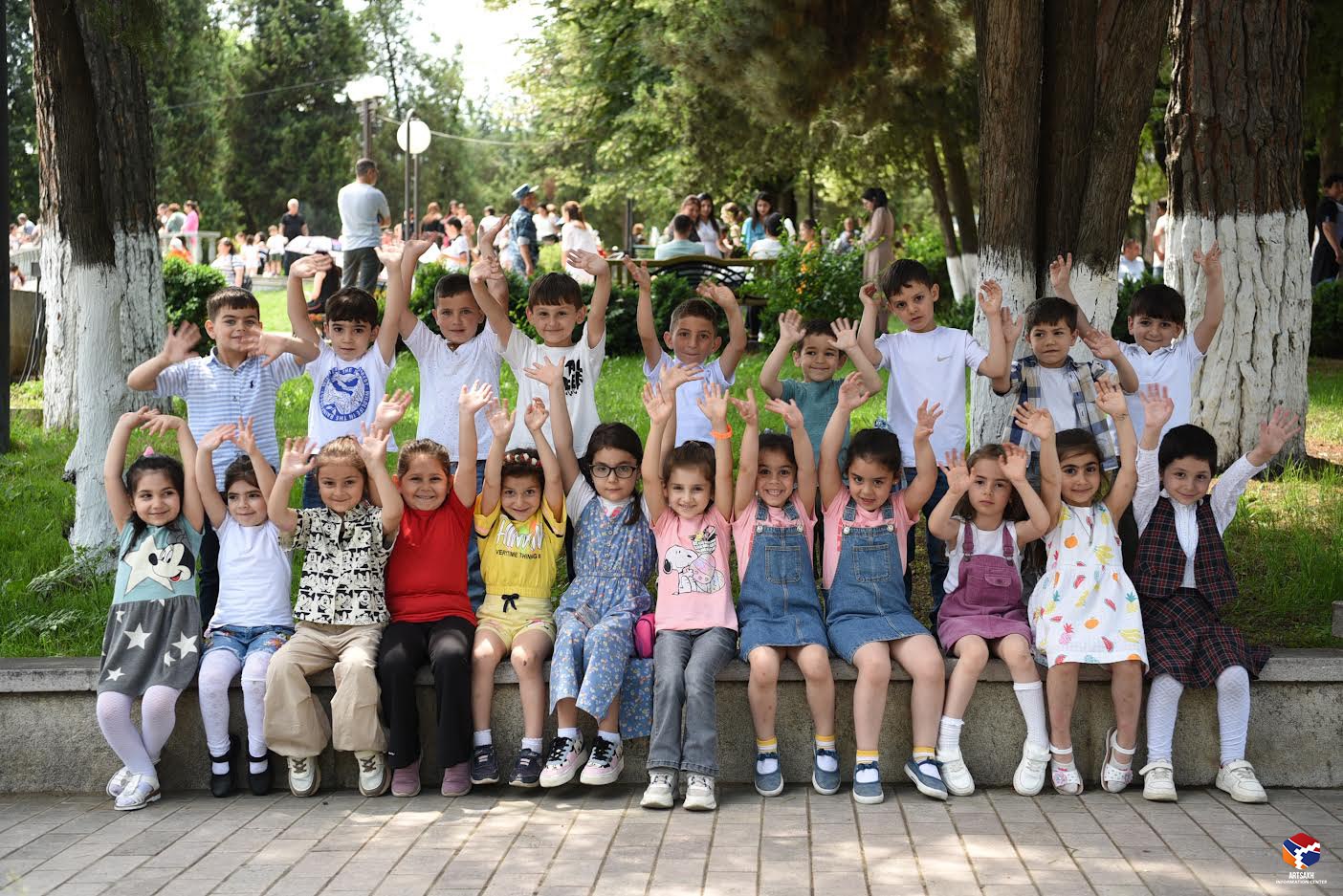
“I really want people outside to understand that this is not exaggeration, this is not an extreme portrayal, but this is an extremity itself, perhaps is even more extreme — they are waiting to see starving children… and when people start to steal from each other, lose their human characteristics in search of food, maybe then they will start to believe that we are not making them up. We tell our daily experiences, what we go through every day,” adds Tatevik.
Can you imagine Daniel’s future now?
Tatevik: “I thought that my child would go, get a good education abroad, and do something good here. I hope that it will not remain a dream, the situation will be improved little by little and my child will also be able to have his dream job and his dream education.”
Authored by Mariam Manukyan
Translated by Hasmik Khachatryan
“Inadu” podcast – Children, Malnutrition, Stay-Or-Go Dilemma
The material is published with the consent of the “Inadu” podcast authors, Nina Shahverdyan and Shogher Sargsyan. The original videos are published on the YouTube page of “Inadu”. The textual and visual representation and translation of the publications are carried out by “Enlight”.
You can support the “Inadu” podcast on Patreon through this link.
Read other publications about the Artsakh issue and the blockade in the Artsakh Chronicle.









